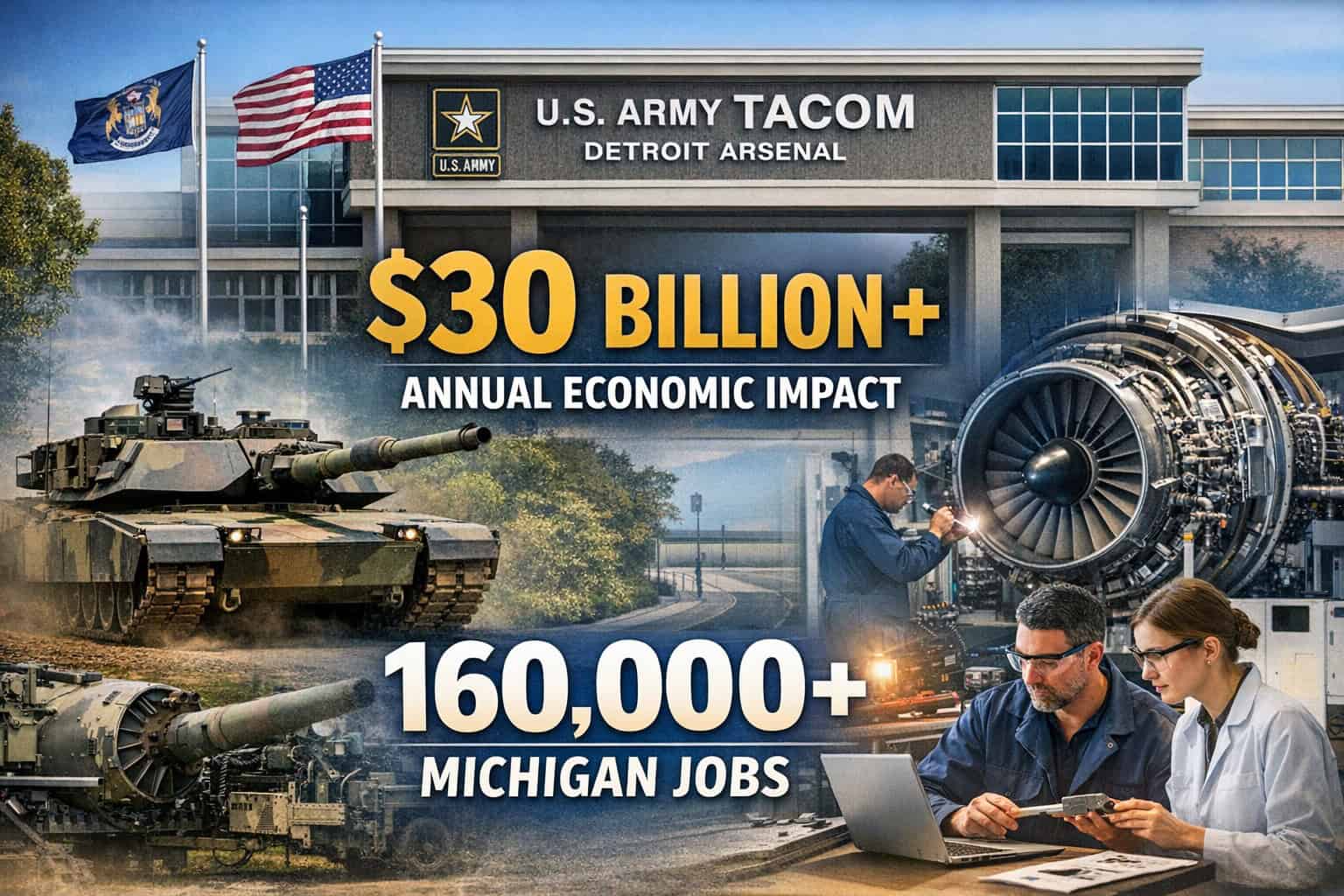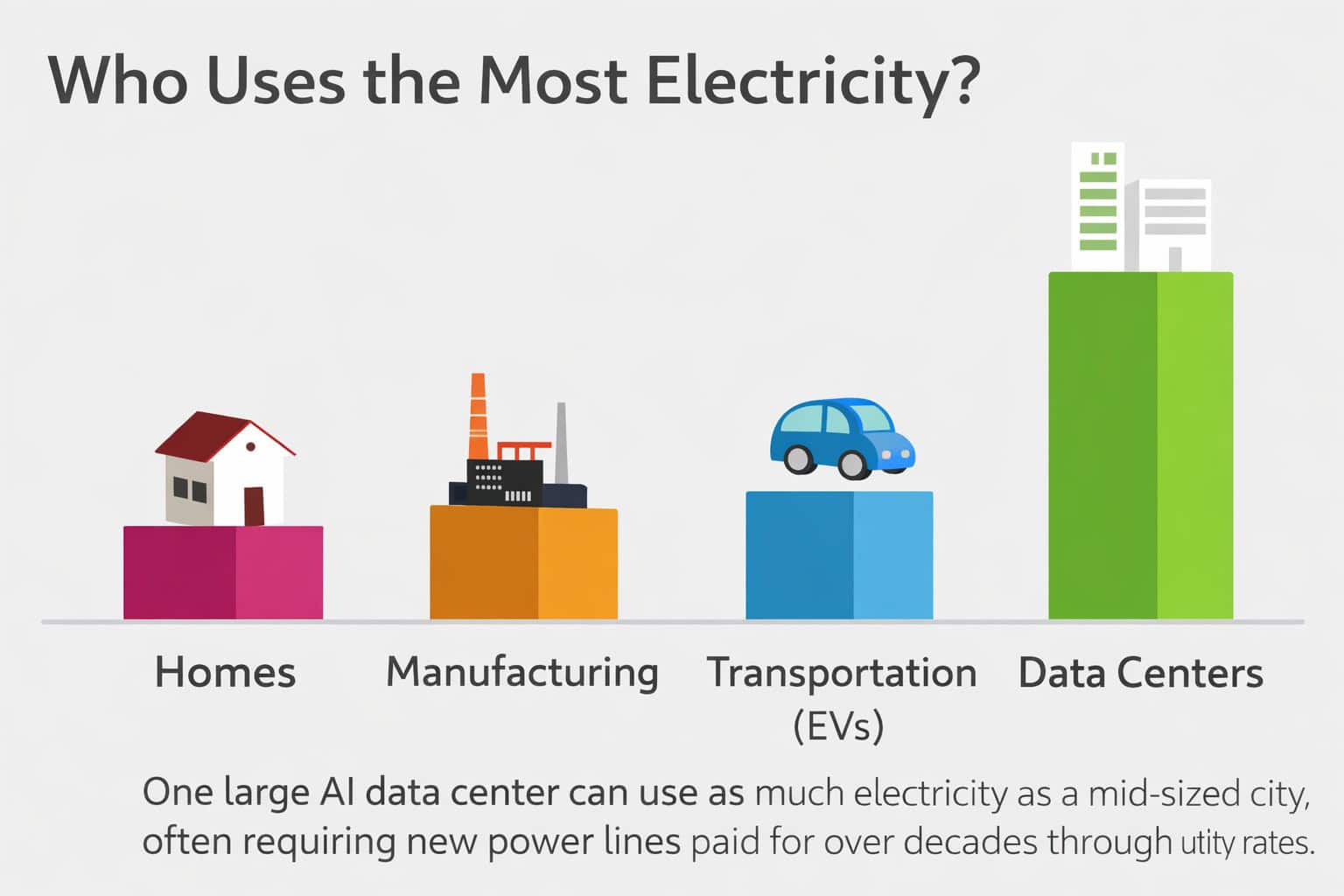India Creating Cars Of The Future is no longer just a vision—it’s quickly becoming a reality. As the world steadily shifts toward a green economy, India is joining global leaders like China, Germany, and the United States in advancing next-generation automotive technology. Specifically, the nation is embracing hydrogen-powered vehicles as a promising step toward sustainable transport.
So, how is India using hydrogen technology to build cars that could redefine the future of environmentally friendly mobility?
1. Kerala Leads the Way in Cars of The Future with Hydrogen-Powered Mobility:
Kerala, one of the states in southwestern India, is undoubtedly one of the pioneers of hydrogen use in transportation. Renowned for its greenery and policy-friendly environment, Kerala actively advocates hydrogen cars. In 2021, the state’s emissions were about 17.2 million tons of CO₂ equivalent, with transportation contributing approximately 47% of total emissions.
i. Kerala’s Strong Progress in Electric Vehicle (EV) Adoption
Notably, the state has already ranked high in EV adoption, with 5.2% of passenger vehicles and 13.5% of electric two-wheeler vehicles. However, Kerala is not stopping at green buses—it is now exploring hydrogen-powered buses, trucks, and even boats.
ii. Kerala Green Hydrogen Valley Project Takes Shape
In fact, initiated by the Agency for New and Renewable Energy Research and Technology (ANERT), the Kerala Green Hydrogen Valley project is planned to create a complete hydrogen value chain. This marks a significant continuation of sustainable transport energy innovation after the state’s earlier success in releasing hydrogen engines to the transport sector.
iii. Setting a National Benchmark for Emission Reduction
As a result, this initiative positions Kerala as a benchmark for other states, showcasing how hydrogen can help reduce emissions across multiple industries. The Kerala State Road Transport Corporation (KSRTC) is already leading the way with hydrogen buses, which provide a more environmentally friendly transportation solution.
iv. Hydrogen-Powered Freight and Marine Transport
Furthermore, Kerala is initiating the use of hydrogen fuel in its heavy-duty freight segment to replace diesel-powered trucks. These vehicles, capable of long-distance travel and heavy loads, are an essential part of the state’s green mobility plan. Additionally, the Kochi Water Metro project includes hydrogen boats, forming part of an integrated transport system aimed at meeting Kerala’s water transport needs through emission-free alternatives.
2. Scaling Hydrogen-Powered Transport in India: Opportunities and Roadblocks
Buses, trains, heavy trucks, and boats that run on hydrogen are not just part of a futuristic vision—they are becoming the foundation of India’s clean energy system. As a result, this widespread adoption could lead to:
- Increased employment opportunities
- Growth in innovation
- Greater investment in renewable energy infrastructure
Moreover, hydrogen-powered transport offers a meaningful solution to India’s severe urban air pollution problem, which continues to plague rapidly growing cities.
However, while the potential is promising, several critical challenges remain:
- Lack of infrastructure: Hydrogen refueling stations are essential for widespread adoption, but the cost of establishing one is approximately $2 million per station, far more than the cost of installing electric vehicle charging stations.
- High production costs: The price of green hydrogen remains high, especially due to electrolyzer technologies that are not yet benefiting from economies of scale.
- Technological maturity: Many hydrogen-related technologies are still developing. For example, heavy-duty hydrogen fuel cell systems require significant improvements in durability and efficiency to support reliable mass deployment.
Therefore, addressing these challenges requires collaboration at the industrial cluster level. One promising initiative is the Kerala Green Hydrogen Valley, which is well-positioned to:
- Scale hydrogen production
- Accelerate the deployment of necessary infrastructure
- Drive innovation in hydrogen technologies
Final Thoughts:
India is making bold strides toward a cleaner, more sustainable future with its focus on creating cars of the future, or hydrogen-powered transportation. While challenges remain, such as infrastructure, cost, and technology, initiatives like the Kerala Green Hydrogen Valley signal that the vision is within reach. With the right investments and collaborations, cars of the future powered by hydrogen could soon become a reality on Indian roads.
Want to stay updated on clean mobility and the development of cars of the future? Follow our news feed for the latest breakthroughs in hydrogen transport and sustainable innovation.
FAQs
1. Why are hydrogen vehicles considered cars of the future?
Hydrogen vehicles emit only water vapor and offer quick refueling times, making them ideal for long-distance travel and heavy-duty transport. Their potential to reduce emissions positions them as true cars of the future.
2. How is India supporting the development of cars of the future?
India is investing in hydrogen infrastructure, innovation hubs like the Kerala Green Hydrogen Valley, and public-private partnerships to scale hydrogen mobility and bring cars of the future to market.
To read more, click on Eco News






